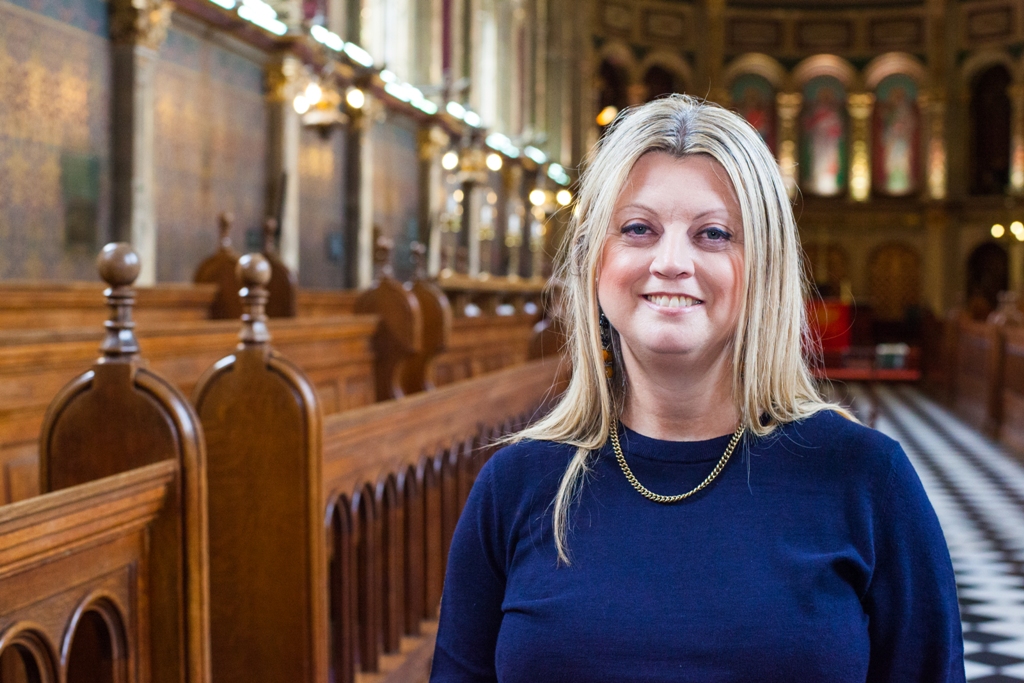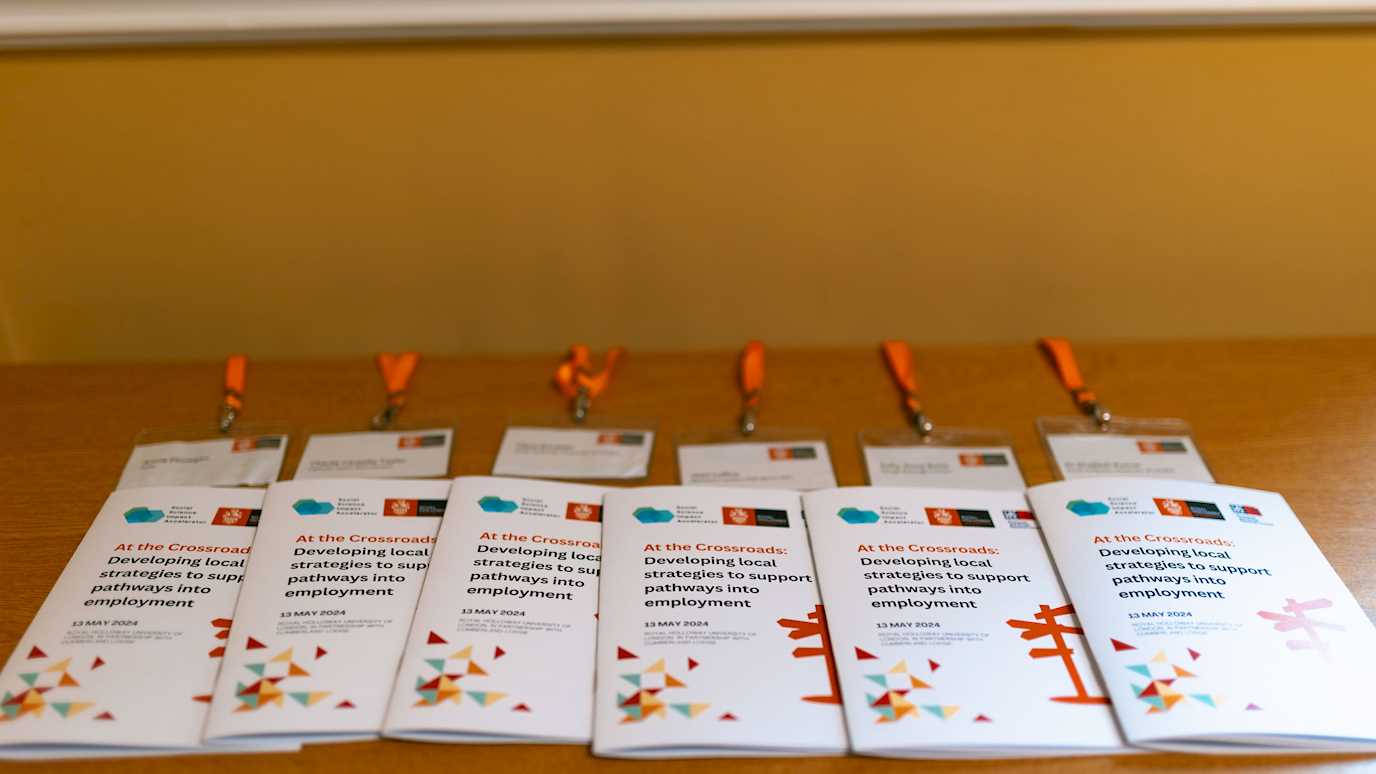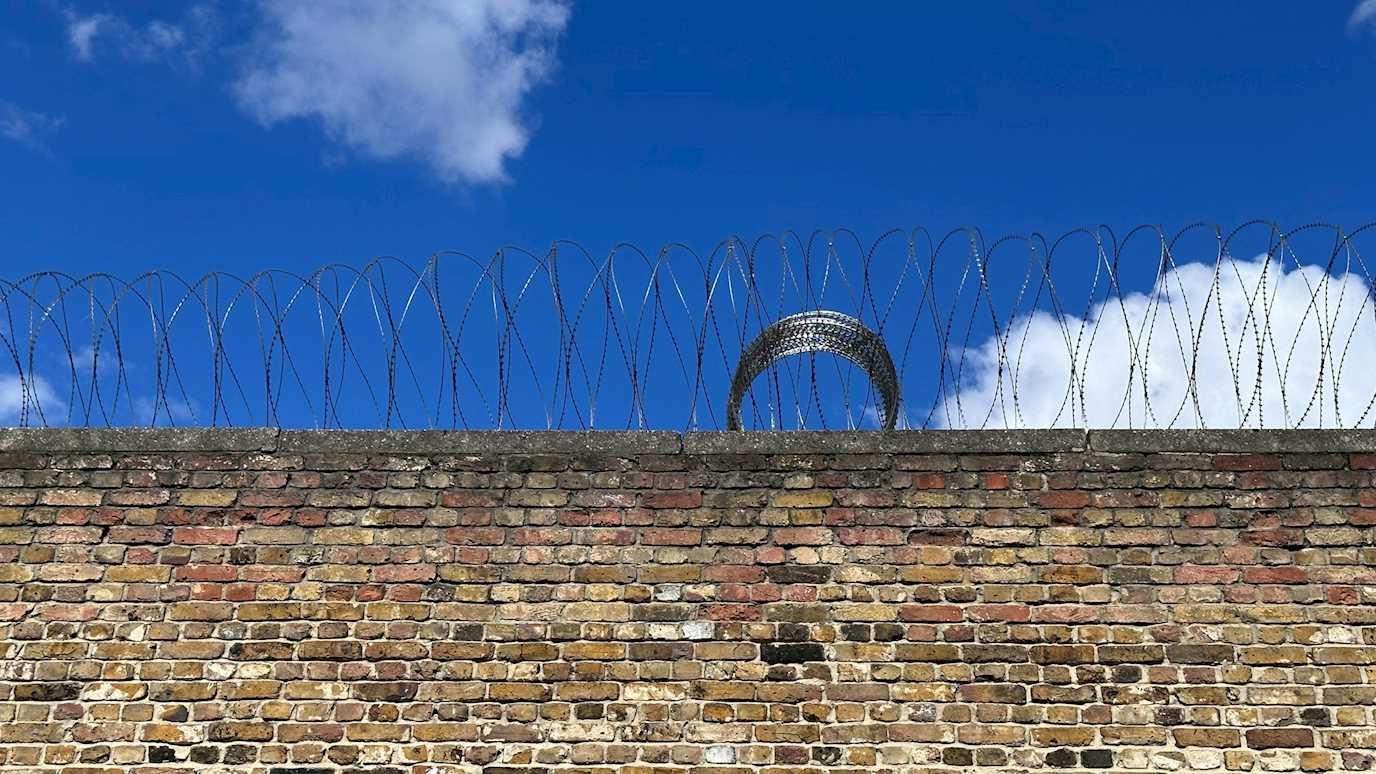24th January marks International Education Day. This is a day chosen by the UN General Assembly to mark the role of education for peace

Image by Jaredd and found on Unsplash.com.
International Education Day provides us with an opportunity to reflect on both the importance and power of knowledge and to celebrate the transformative effect of learning in terms of its ability to empower individuals and arguably its ability to influence world peace through accountability.
Education is regarded as a human right and this right is enshrined in Article 26 of the UN Universal Declaration of Human Rights 1948 and Article 28 of the Convention on the Rights of the Child 1989 as well as Goal 4 of the UN Agenda for Sustainable Development.
Nelson Mandela famously observed that “education is the most powerful weapon you can use to change the world”. Yet the UN estimates that without interventions and measures that by 2030 there will be approximately 84 million children who will miss school and 300 million students who will lack basic numeracy and literacy skills (see https://www.un.org/sustainabledevelopment/education). This is due to a combination of inequalities, economic decline and political unrest.
War not only endangers life but endangers the progress of knowledge and skills attainment for many people across the world. As we can see simply by observing recent conflicts across the world including Ukraine, Afghanistan, Gaza and Ethiopia, schools are regarded as legitimate targets and the closure, restriction or bombing of schools denies this basic human right and prevents the localised growth of knowledge.
Aristotle believed that an educated person was a fulfilled person. However, whilst traditionally the ‘university of life’ (the learning we get from real-life and the exposure to experiences) was regarded as a driver for applications to university, today more and more students simply see universities as a necessary (and expensive) ticket to access the workplace at a higher salary. The government’s Graduate Labour Market Statistics 2022 (published 2023) shows that graduates continue to earn higher salaries than non-graduates.
Education remains popular therefore as a gateway to wealth and universities in the UK have become a complicit service in this policy driven aspiration. This has seen the shift from traditional knowledge towards a more skills focused experience, whether this be through Transferable Skills (‘soft skills’ relating to core skills that can be applied to a wide range of jobs such as communication and time-management) or Technical Skills (‘hard skills’ that provide specialised knowledge in order to perform specific tasks in particular professions or industry sectors such as advocacy and drafting skills). However, with the growth of IT, Blockchain and AI the graduate skill often called for across many different professions and industries is in fact related to project management and risk assessment and this may see a further shift towards the modern skills that students demand.
As a public service, universities must often dance to the tune of government and regulator polices. This calls for constant re-evaluation of what amounts to ‘quality education’ and what the aims and goals of a university should be. For example, at a local level should universities prioritise creating opportunities for students to enter the workplace? At both national and local level should universities focus on capturing expertise and reusing within communities and societies through knowledge transfer? At a more international level should universities influence key political debates for example climate change with a view to creating a more harmonious and sustainable future for us all?
Whatever your thoughts about education, remember this on International Education Day: Education + Equality = Enlightenment.
























